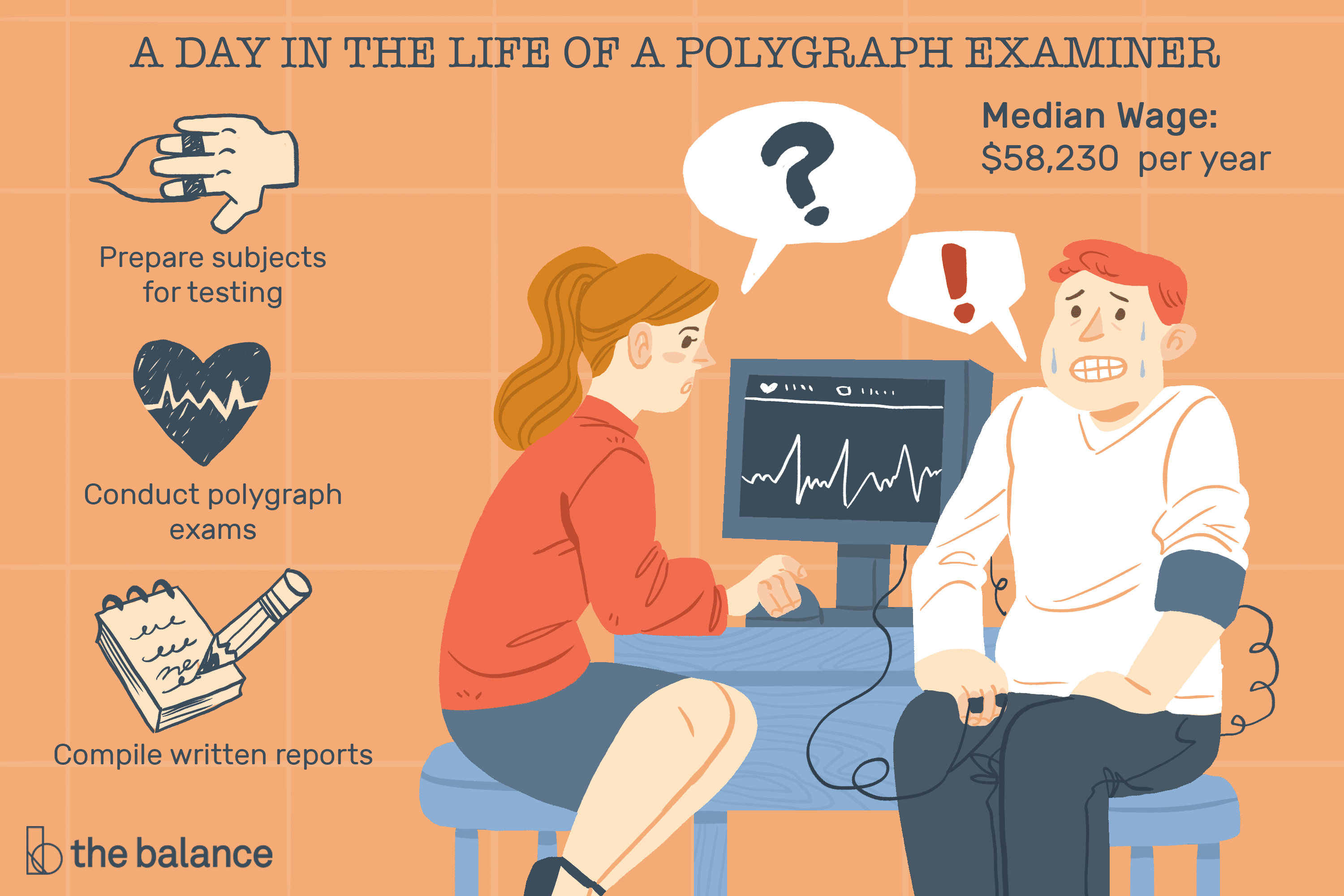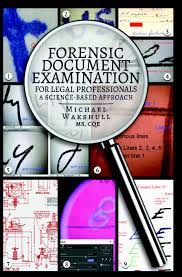The course covers thorough analysis on elements of crimes under different titles and its amendments and applicability in the administration of justice with emphasis on recent principles of law, jurisprudence and special laws while recognizing the fundamental rights of a person as provided in the Constitution, Revised Penal and other relevant statutes.
JUVENILE DELINQUENCY AND JUVENILE JUSTICE SYSTEM - LESLIE MAY C. ANTONIO, RCRIM (8AM TO 11AM MONDAY)
Course Description:
This course deals with the etiology of delinquent and criminal behavior and the factors that bring about juvenile delinquency; prevention and control of teenage crime and manner of combating it; Influence of community institution on delinquency; organization of civic government councils for the prevention of juvenile delinquency; establishment of recreation and character building agencies; counseling and guidance clinic for juvenile and police juvenile control bureaus; study of juvenile courts; probation service and correctional institutions; study social welfare agencies and the laws applicable.
Course Description:
The course presents the creation of the Bureau of Fire Protection, its mandate, powers and functions. It also covers the understanding of the behavior, characteristics and chemistry of fire. It involves fire safety and protection, including the conduct of arson investigation.
Course Description: This course includes the study of the different methods and techniques in lie detection. The anatomy of lying, its theory, kinds and types. It includes the conduct of polygraph examination. It covers also the history, personalities and developments of Lie detection in different countries as a tool of crime investigation and also in relation to court proceedings.

This course covers the study of the concept of application of the appropriate report writing, office memorandum and correspondence. The brevity, clarity , completeness and accuracy of facts and presentation according to the prescribed format and style of investigative report writing structure, correspondence and memorandum. It includes the fundamentals and styles of different report writings and contents of police report writing, manner of handling standards police forms and techniques and sequences of blotter reports.
Course Description:
The course covers the basic concepts and principles of questioned documents examination. It particularly gives insight regarding the handwriting identification, forgery and its execution, typewriting identification, alteration of documents, counterfeiting and the importance or role of a questioned document expert towards the administration of justice and the care and preservation of evidence for court litigation.